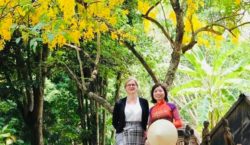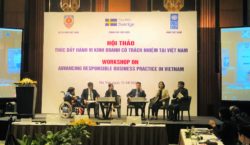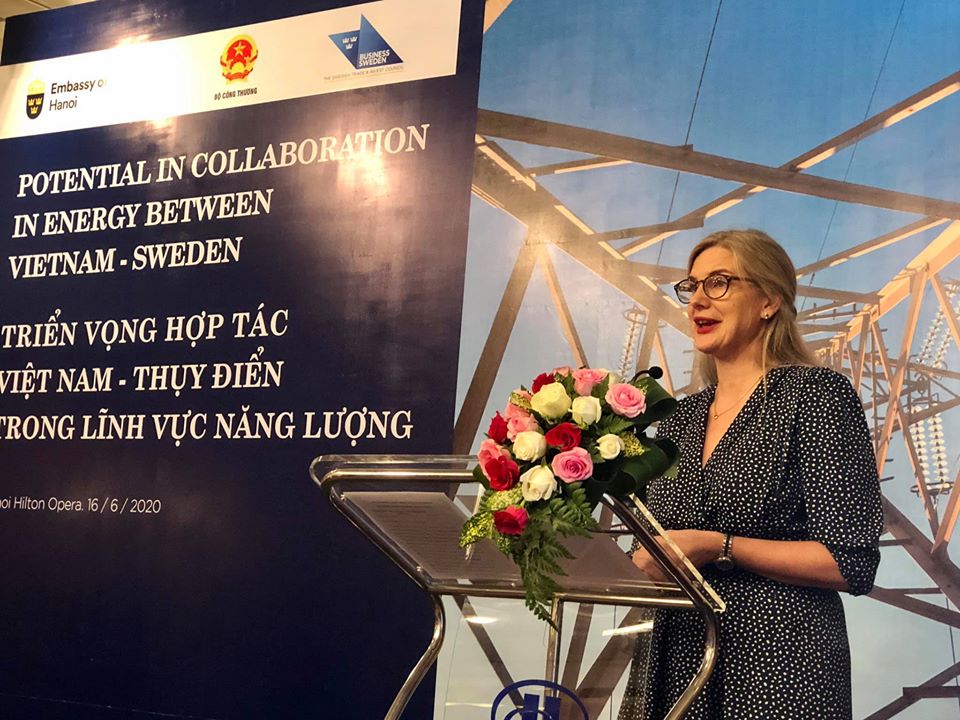
The Swedish ambassador to Vietnam H.E. Ann Måwe says that the latest discussion with Vietnam regarding potential collaboration enhancing climate smart solutions in energy sector is going forward, on 17 June 2020. The statement said:
“Excellent workshop yesterday together with Vice Minister of Industry and Trade Hoang Quoc Vuong in Hanoi to discuss Sweden-Vietnam potential cooperation in the energy sector. Happy to see all major Vietnamese players and stakeholders in the energy sector, in particular Electricity and Renewable Energy Agency (EREA) and Electricity Regulatory Agency (ERA), the Vietnam Institute of Energy and EVN, as well as Swedish companies (ABB, Ericsson, Hexicon and Linxon), Swedish export credit agencies (EKN and SEK) and Swedfund.”
“Sweden and Vietnam has a long history of cooperation in the energy sector. Historically the focus was on hydropower. Today the focus is on climate smart energy solutions such as no waste transmission grids, 4G/5G implementation in the grid, waste-to-energy schemes, as well as energy storage systems in order to support Vietnam’s efforts to increase its share of renewables, in particular wind and solar, in the energy mix.”
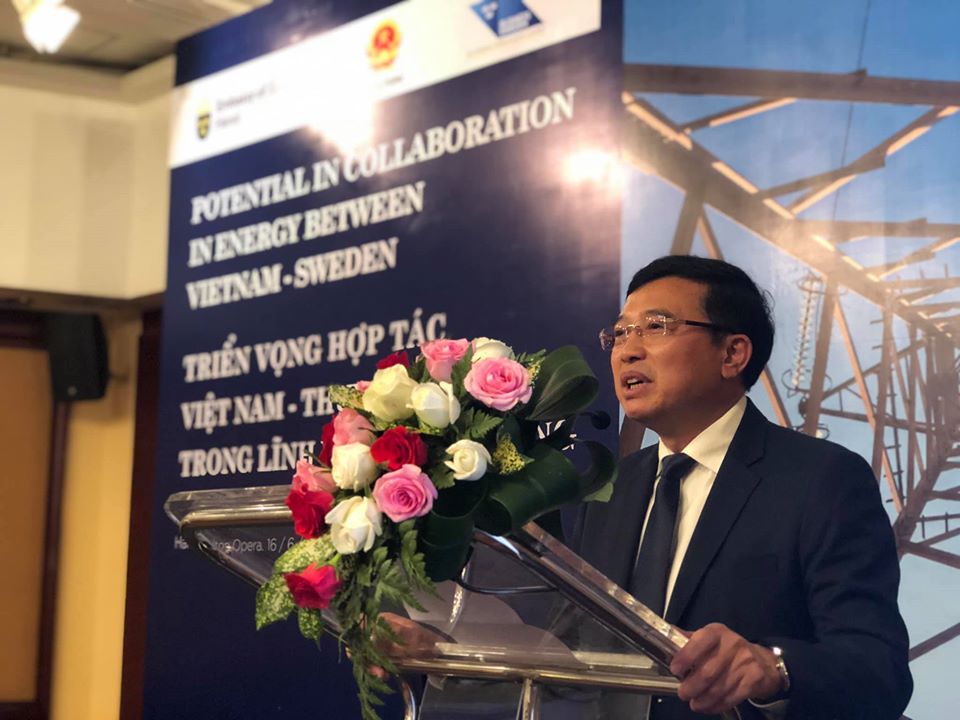
Vietnam has been successful in limiting the spread of Covid-19 in society. As such Vietnam has the potential to overcome the economic consequences of Covid-19 through “building back better” and in a sustainable way. We believe Vietnam can be a leader in the region to demonstrate clean, inclusive and resilient recovery, building on the principles of the Paris Agreement and the Sustainable Developments Goals. And not only because it benefits people and climate. It is also good business.
Vietnam has already achieved remarkable outcomes in developing clean and renewable energy. In 2019 it witnessed large investments in solar and wind energy and in the future more renewable energy projects will be commissioned. Meanwhile in Vietnam, currently there are only three waste-to-energy factories signing PPA (Power Purchasing Agreement) with EVN, generating limited amount of energy from wastes. This contrasts massively with the potential waste-to-energy capacity in Vietnam, as the amount of potential energy in 2020 is 25 times higher than the currently installed capacity.
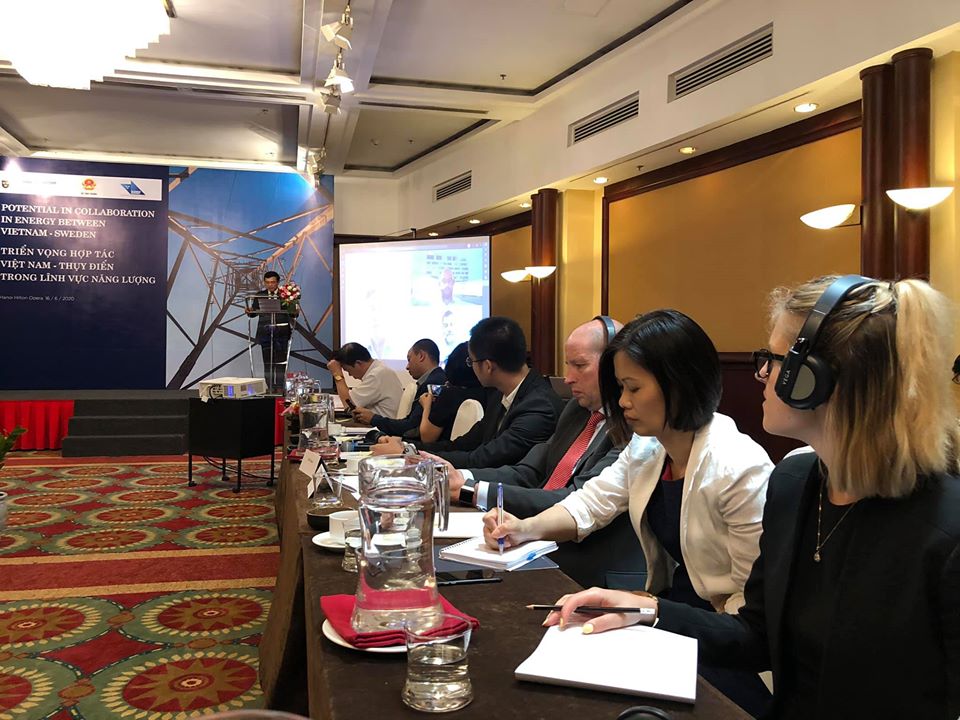
My country is among the most energy efficient countries in the world. Sweden has ranked #1 in terms of energy transformation for three consecutive years (2018-2020) according to the World Economic Forum. This means we are a forerunner for transition to a secure, sustainable, affordable, and inclusive future energy system. A large portion of waste is regenerated to energy. Less than 1 % of household waste goes to landfills.
We look forward to continue the dialogue with Vietnam and its relevant agencies on how we jointly can keep up the momentum ahead of COP26 in 2021 and gradually increase energy efficiency and move towards a fossil free and renewable energy consumption.”




